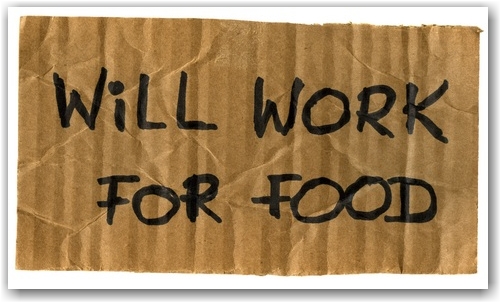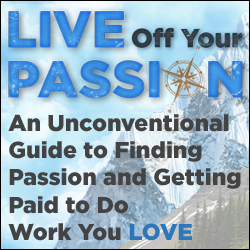 Are we on the road to recovery from this current economic crisis? Or is the worst yet to come? Either way, chances are good that we’ll face another economic downturn sometime in our lifetimes.
Are we on the road to recovery from this current economic crisis? Or is the worst yet to come? Either way, chances are good that we’ll face another economic downturn sometime in our lifetimes.
Here are eight tips from Frugal Dad on how to prepare for the next financial crisis:
#1 Get Your Financial Documents in Order. If you don’t have one, buy a file cabinet to store important statements and a fire-proof box to store your most important documents in it. Plan on taking half a day on a Saturday to get everything organized. Be sure your will and advanced directive for health care are up-to-date.
#2 Reduce Your Monthly Bills. Look at ways to save on monthly expenses like cell phones, cable tv, and car insurance. If you have credit card debt, don’t be afraid to ask for a lower interest rate. A few phone calls could save you $50-$100 or more per month.
#3 Save Three Months of “Living Expenses”. Create an emergency fund and save enough money to cover at least three months of your bare-minimum living expenses.
#4 Get Out of Debt. Household debt adds considerable risk to a family’s finances. If you’re in debt when a crisis hits, it can push you over the edge. Pay off 100% of your household debt, beginning with credit cards and other unsecured debt. Sell stuff, donate plasma, get extra jobs.
#5 Pile Up a One-Year Household Safety Net in Cash. Now that you’re debt free, re-focus on your emergency fund. While many experts recommend saving three to six months expenses, Frugal Dad suggests saving one year of basic living expenses as “the ultimate family safety net.”
#6 Build a Second Income. Frugal Dad says “I can think of no greater hedge against unemployment than developing a second income stream. Even if your second income is a fraction of your full-time income, it may be enough to keep your house current and food on the table in a financial crisis.” You could mow lawns, turn a hobby into a business, do freelance writing, start your own money-making blog, etc.
#7 Keep a Modest Stockpile of Food and Household Goods. Set aside space to store non-perishable (or long shelf-life) foods like rice, beans, and canned vegetables, plus cleaning supplies and paper products. Stock-up on meats for your freezer.
#8 Pay Off Your Mortgage Early. Financial freedom begins with having a paid-for home. Frugal Dad says you can build wealth much faster without house payments, and you can survive on much less income if you don’t have a mortgage.
I hate to admit it, but my wife and I have some work to do on many of these. In fact, we were just talking about that the day before I discovered these tips!
The one I hadn’t really thought about before was #1 . But I can now see how important it is, in a time of crisis and uncertainty, to have all your documents in a safe, yet accessible place.
Is there anything else you’d add? Anything you’d take off the list? Why or why not?
You might also like:




Speak Your Mind